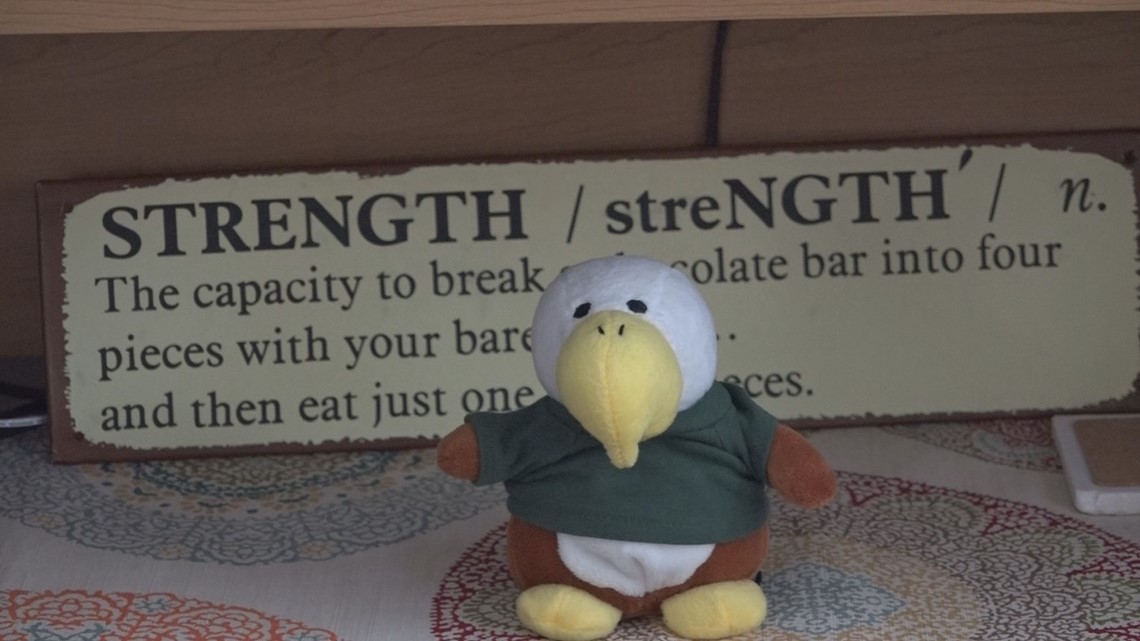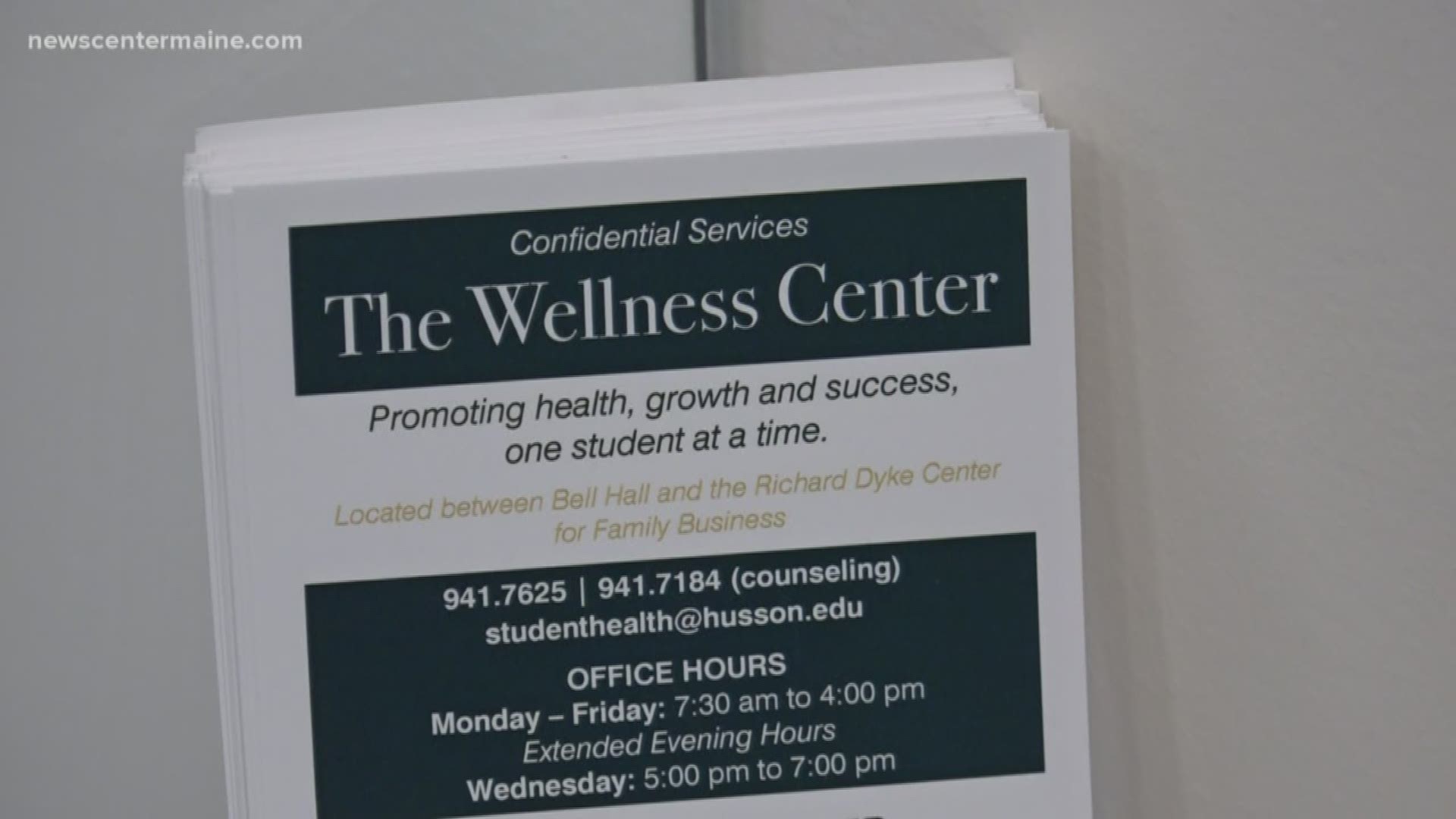BANGOR, Maine — Walks to and from the school counselor's office used to leave students feeling embarrassed in front of their peers. But now with more stress on our current teens, counselors across Maine want to encourage their students that it is okay to ask for help.
Applying for college, handling a demanding class load, finding a job after graduation, all high-stress situations that are more present in today's society.
Nichole Proulx-King has worked at the Husson University Wellness Center for three years. She's noticed that level of stress rise.
“Students are stressing in a more intense way than they were before. I’m not sure if it's because they’re more comfortable to be able to stress about those things, or if anxiety has really gone up significantly," she said.
College students are in an awkward in-between. Not living at home under the support of their parents, but not fully prepared to live in the 'real world'.
One of their biggest issues? Feeling lonely in a crowded environment.
“A lot of them are really struggling with making friends, maintaining friendships, really just coming out and connecting socially with others," Proulx-King said.
At local high schools, the conversations in the classrooms deal with similar issues, fitting in, dealing with stress or anxiety. But suicide is one of the leading causes of death in young adults in our country.
"I just got done today doing a lesson with ninth graders, on how to identify the warning sides of suicide and how to respond," Troy Wagstaff, the school counselor at Orono High school said.


Getting to know the signs early and how to detect them is part of the curriculum Wagstaff has built-in, and similar programs are being used all across the country.
Another thing school counselors are doing to help their students, is to educate other adults in the community. It is impossible to know who students feel comfortable to talk to. It could be a coach, a principal, or a teacher.
“ Teachers more and more are being asked to manage and support mental health needs in a way that they weren’t twenty years ago," Wagstaff said.
The work of driving old mental health stigmas out is working. But some think has some ways to go.
“I think our culture has shifted a little bit, and even though it's still stigmatized, it’s not as stigmatized as what it used to be, but we still have a long way to go as well," Proulx-King added.
Today being World Mental Health Awareness Day gives students, parents, teachers, and staff the perfect opportunity to start a conversation about mental health.

